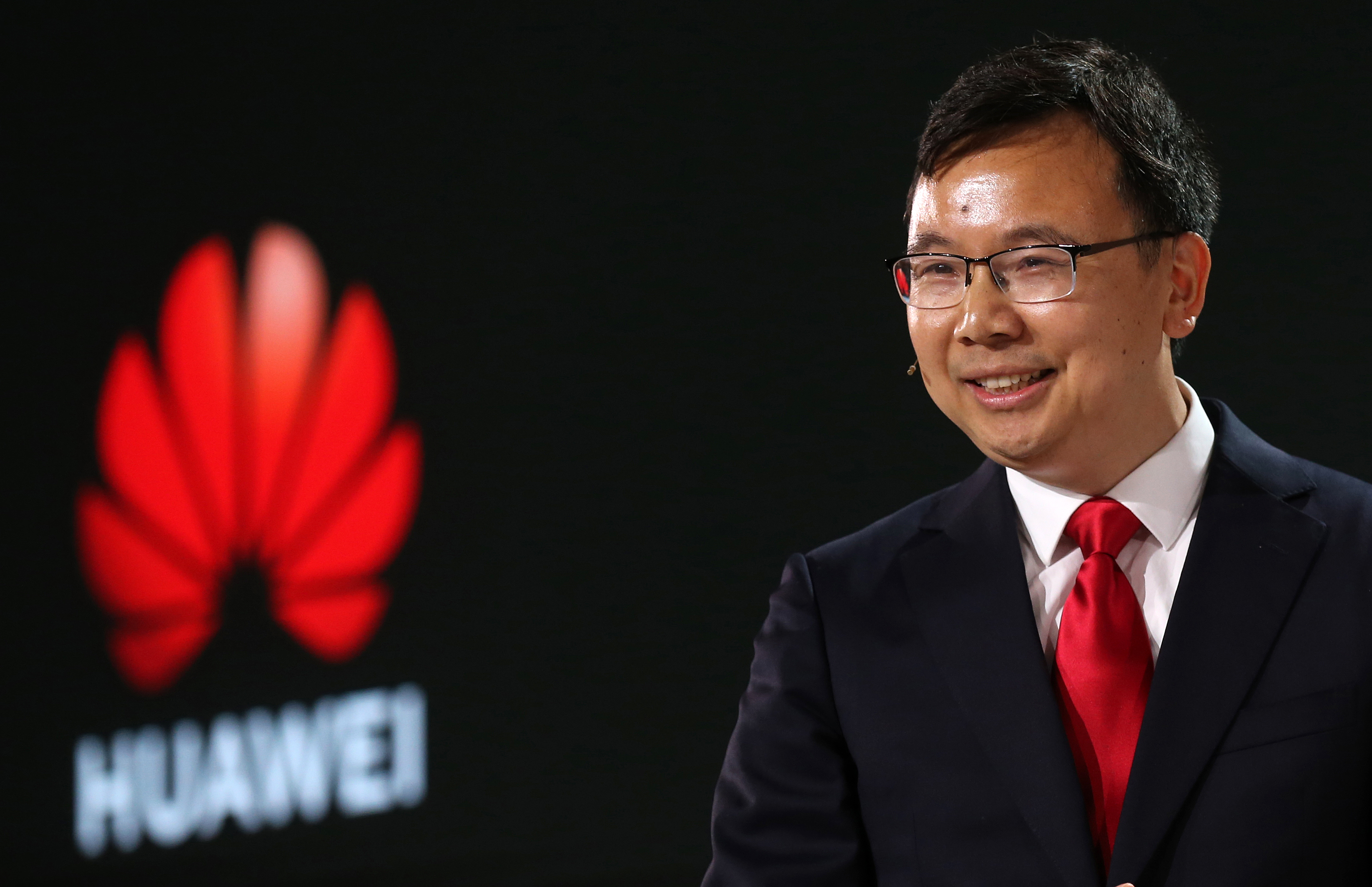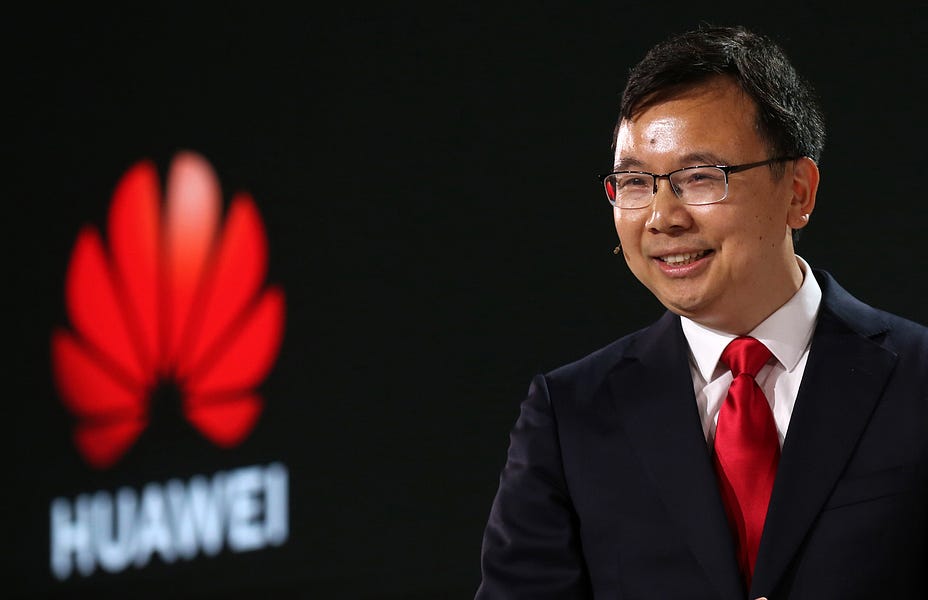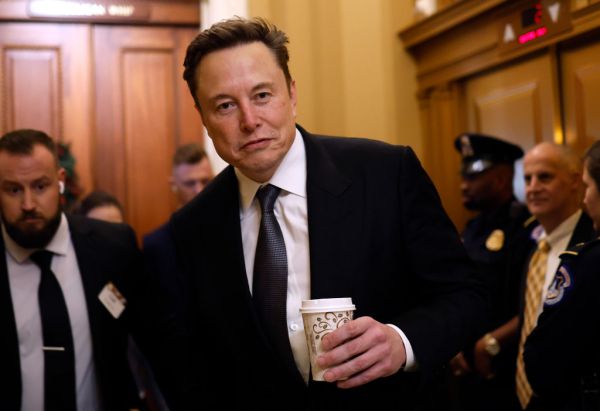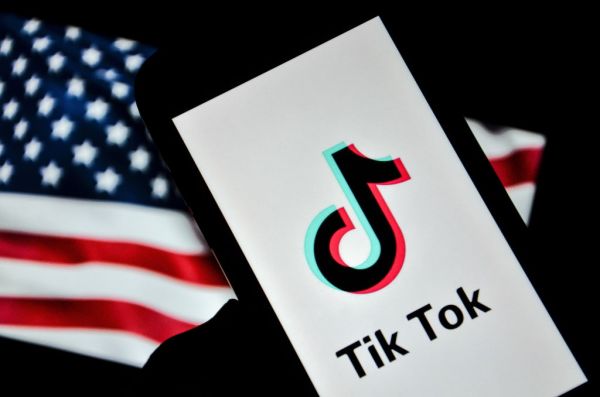Happy Friday! The last time an NFC North team traded up in the first round of the NFL draft to select a quarterback was a … mixed bag. You’ve got big shoes to fill, Jordan Love!
Quick Hits: Today’s Top Stories
-
As of Thursday night, there are now 869,170 confirmed cases of COVID-19 in the United States (a 3.1 percent increase from yesterday) and 49,887 deaths (a 6.6 percent increase from yesterday), according to the Johns Hopkins University COVID-19 Dashboard, leading to a mortality rate among confirmed cases of 5.7 percent (the true mortality rate is likely much lower due to incomplete testing regimens). Of 4,660,250 coronavirus tests conducted in the United States, 18.7 percent have come back positive. There are 123,621 Americans hospitalized with COVID-19 complications (a 1.5 percent increase from yesterday), and 80,203 have recovered from the virus (a 4.7 percent increase from yesterday).
-
A new report from the Centers for Disease Control estimates that 45.4 percent of American adults are at an increased risk of developing coronavirus-related complications due to cardiovascular disease, diabetes, respiratory disease, hypertension, or cancer.
-
We got some more harrowing unemployment figures Thursday, with an additional 4.4 million Americans filing claims in the last week. More than 26 million people have now filed jobless claims in recent weeks.
-
The House passed the latest $484 billion economic relief package—that also includes money for hospitals and coronavirus testing—by a vote of 388-5. President Trump is expected to sign the legislation into law as early as today.
-
Sens. Mitt Romney and Kyrsten Sinema sent a letter to CDC Director Robert Redfield expressing “deep concern” that the federal government is “behind the curve in assessing public health threat levels” due to the absence of “immediate visibility into population health data.” The U.S. “public health biosurveillance and data collection should be able to provide comprehensive, near real-time reporting,” they wrote, but it cannot currently do so.
-
Last week we linked to a STAT News story that indicated Gilead Science’s antiviral drug, remdesivir, was having some preliminary success in treating COVID-19 patients. The results of a Chinese clinical trial of the drug were less promising, according to a manuscript temporarily posted to the World Health Organization’s website. Gilead, however, maintained the data showed a “potential benefit.” Bottom line: Scientific research is messy, nonlinear, and requires much peer-review—be wary of drawing too many conclusions from single studies or trials.
U.K. Reconsiders Its Deal With Huawei

Remember Huawei? Back before this militant supervirus came and upended all our lives, we spent a good amount of time talking about the relationship between the Chinese telecom giant and the U.K.—and how Boris Johnson’s decision to let the company help build his country’s 5G data networks portended less secure data all over the world.
Now, however, that may be changing: As evidence of China’s mishandling of the outbreak continues to emerge, more and more Western governments are taking a closer look at whether climbing into bed with the CCP is such a good idea after all.
Over on the site this morning, Andrew has a piece breaking down the latest on the issue. The highlights:
The Johnson government hasn’t abandoned the Huawei plan yet. But it is in danger of losing the votes it needs to pass it.
A growing number of Conservative MPs are signaling they’re likely to vote against Johnson’s plan when it comes up for approval later this year. “I think the mood in the parliamentary party has hardened,” Tom Tugendhat, the influential Conservative chair of the House of Commons’ Foreign Affairs Committee who has spearheaded Tory resistance to the Huawei deal, told reporters last week. Citizens are souring on the deal too: One recent poll found that a plurality of British adults now oppose it, including a majority of Conservative voters.
The U.K. isn’t the only country that’s grown increasingly skeptical of China in recent weeks.
If the U.K. moves in a more aggressive direction on China, it is unlikely to be alone. Other Western leaders, including France’s Emmanuel Macron and Germany’s Angela Merkel, have signaled in recent days that their patience with the CCP is wearing thin.
The U.K. backing out on 5G could signal a broader step away from reliance on China among Western countries.
Back in January, Johnson’s agreement to allow Huawei into the U.K.’s networks seemed like a textbook example of the power of the tried-and-true Chinese strategy: Offer a windfall, then threaten to take your ball and go home. Huawei’s heavy government subsidies allowed it to offer Britain 5G coverage cheaper and faster than its competitors, while the Chinese government threatened that the U.K. would see a substantial loss of Chinese investment should it freeze out Huawei.
But the pandemic has demonstrated powerfully the dangers of relying too heavily on such an unpredictable partner.
Alan Mendoza, of the conservative Henry Jackson Society, tells us that the coronavirus crisis has shown the downsides of overreliance on Chinese manufacturing supply chains. “Britain has of course traditionally been at the very far edge of the globalization debate: always pushing for more trade, always a champion of free trade, always trying to push the boundaries in that sense,” he said. “But this pandemic has, I think, reminded people that there may be limits to this—and not only limits, but we may have to claw back some of the manufacturing capabilities that we’ve lost for some time and bring some key areas back home—or at least find alternative sourcing closer to home.”
Latest Polls are Bad News for Trump
With everything going on in the world, it can be easy to forget that 2020 is an election year. But in 193 days, Americans will decide whether or not to give President Trump four more years.
In politics, six months is both an eternity and no time at all. The world can—and will—change dramatically between now and November, but the Trump and Biden campaigns are running out of time to build out organizations that can best execute their respective strategies in swing states across the country.
With those caveats aside, Sarah—herself a presidential campaign veteran—has a piece on the site rounding up all the latest polling. The Trump campaign may be leading the Biden team in both fundraising and digital infrastructure, but—spoiler alert—public opinion data for Trump look bleak. Let’s break down the numbers.
Trump’s handling of the coronavirus threat is going to be top of mind for voters in November. How are they perceiving his response?
Less than a quarter of Americans say they have “high levels of trust in what the president is telling the public” about the virus, according to an Associated Press-NORC poll released this week.
And in this week’s CBS News poll, seven in 10 Americans think their “state and local officials are doing a good job.” But when asked about Trump, “fewer than half think the same.” Gallup found that 68 percent of Americans say they “have ‘a great deal’ or a ‘fair amount’ of confidence in their state’s governor to make the right economic recommendations,” but fewer than half said the same for the president.
And how about Biden?
In national polling, he’s running circles around Trump. Every national poll released this week showed Biden in the lead—averaging seven points ahead of Trump for the general election. In less than a month, the number of undecided voters has tripled, with Trump losing altitude.
In swing states, it’s a similar story. Current polling averages in Pennsylvania have Biden ahead there by more than six points. In Florida, Trump is trailing Biden by 3.5 points this month. A recent Public Policy Polling survey of voters in Michigan, Pennsylvania, Wisconsin, and North Carolina found that, on average, “the Democratic governors of those four battleground states have a net approval rating for their job on handling the coronavirus crisis that is 32 points higher than Trump’s.”
Any interesting demographic trends?
Plenty, but one stands out: senior citizens. In 2016, Trump won seniors by 7 points, but he trails Biden in a head-to-head matchup by 9 points in the latest NBC News poll. And the change may be directly related to his handling of the coronavirus outbreak, which has disproportionately affected the elderly. When shutdown measures began in earnest on March 16, Morning Consult polling showed Trump with a net +19 point approval advantage with older Americans—higher than any other age cohort—but in just a month, that number has dropped a head-turning 20 points.
What are the key takeaways from these numbers?
Despite the president’s daily briefing ratings, any Republican operative will tell you that the Trump campaign knows it needs to stop the bleeding in the swing states—politically if not economically—to have any shot in November. The Biden team, on the other hand, may find that keeping a low profile is a winning strategy to ensure that 2020 is a referendum on Trump’s handling of the crisis. And in that case, look for a ‘first, do no harm’ strategy moving forward when it comes to campaign tactics and policy pronouncements, including a safe pick for a running mate.
Worth Your Time
-
Sen. Mitt Romney is out with an op-ed in the Washington Post advocating for a tougher China posture. He’s hoping the coronavirus pandemic allows Americans to see that in many ways, “we are at Beijing’s mercy.” He concludes: “China has done what we have allowed it to do; to save a few dollars, we have looked the other way. Covid-19 has exposed China’s dishonesty for all to see. And it is a clarion call for America to seize the moment. When the immediate health crisis has passed, the United States should convene like-minded nations to develop a common strategy aimed at dissuading China from pursuing its predatory path.”
-
Much like 9/11 nearly two decades ago, the coronavirus pandemic could fundamentally alter Americans’ proclivities toward liberty and privacy, leading us to sacrifice certain rights and protections in the name of safety and security. In The Atlantic, Mike Giglio asks: Would you sacrifice your privacy to get out of quarantine?
Something Refreshing
The Ohio governor called out a state senator for comparing the state health director’s protective measures to actions taken by the Nazis in World War II (on Holocaust Remembrance Day of all times) and in the process made a powerful statement on leadership.
Presented Without Comment
Also Presented Without Comment
Toeing the Company Line
-
David’s latest French Press quickly discusses the details of President Trump’s executive order on immigration before turning to a critique of “simplistic, slanderous, populist straw man arguments” like the one J.D. Vance advanced in The American Mind. “Grift and cowardice should be identified on a case-by-case basis, and the markers are often quite clear. Sudden changes of position from losing to winning political movements or politicians can be a red flag. Dramatic departures from past statements raise eyebrows. But even grifters and cowards make arguments, so it’s almost always better to address the argument than to try to peer into the writer’s soul.”
-
Jonah had Matt Ridley on The Remnant to talk innovation. How does it happen? Does it rely on “great men” miraculously coming up with brilliant ideas? Why are we so often resistant to it? Tune in here for all that and a ranking of the Most British People Ever™. And Jonah’s been busy: He’s got a column up today on how so many events of the last century have come to us through the TV, but the pandemic is something we’re experiencing directly and together.
Let Us Know
Right as we were about to put this newsletter to bed early this morning, we realized: Today is Friday! The days are all blending together for us here at The Morning Dispatch.
We’re wondering: How are you keeping weekends “special” and distinct from the workweek in our locked down existence?
Reporting by Declan Garvey (@declanpgarvey), Andrew Egger (@EggerDC), Alec Dent (@Alec_Dent), Sarah Isgur (@whignewtons), and Steve Hayes (@stephenfhayes).
Photograph by Getty Images.





Please note that we at The Dispatch hold ourselves, our work, and our commenters to a higher standard than other places on the internet. We welcome comments that foster genuine debate or discussion—including comments critical of us or our work—but responses that include ad hominem attacks on fellow Dispatch members or are intended to stoke fear and anger may be moderated.
With your membership, you only have the ability to comment on The Morning Dispatch articles. Consider upgrading to join the conversation everywhere.